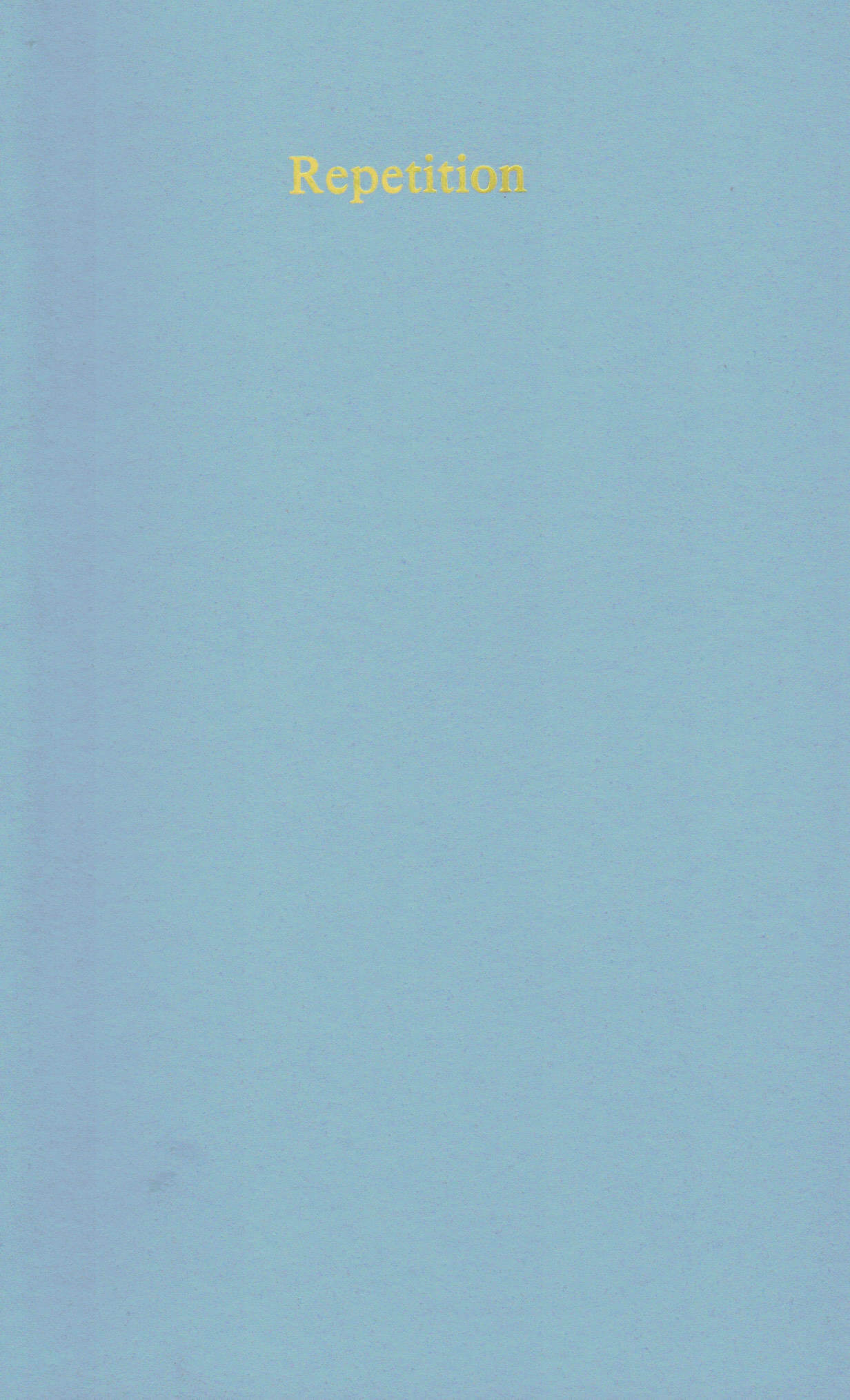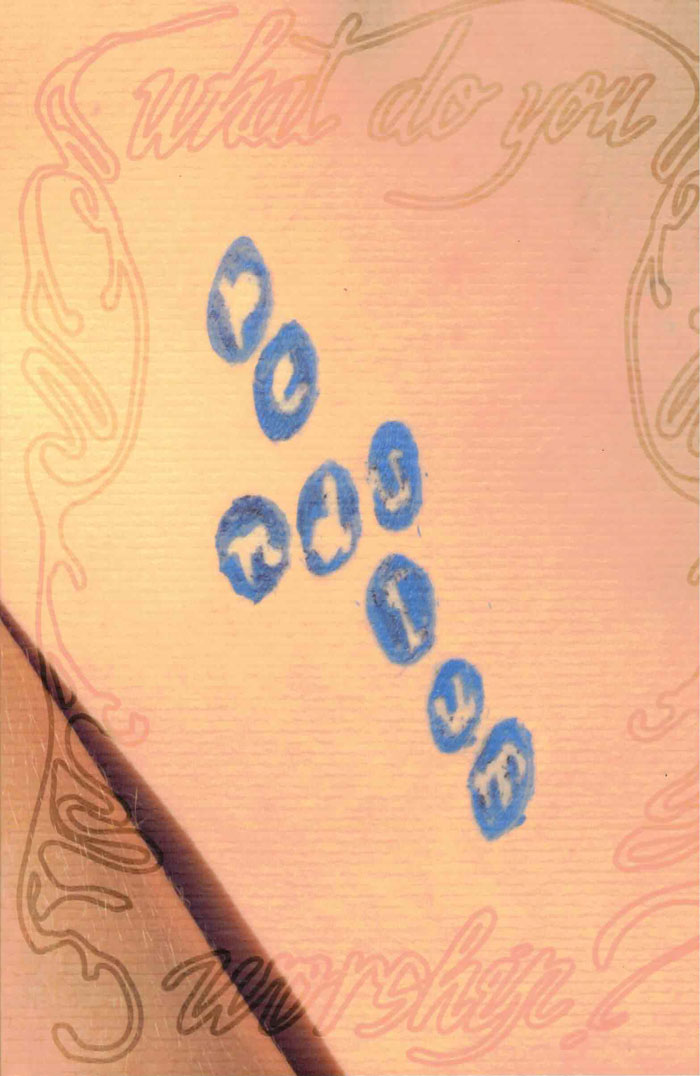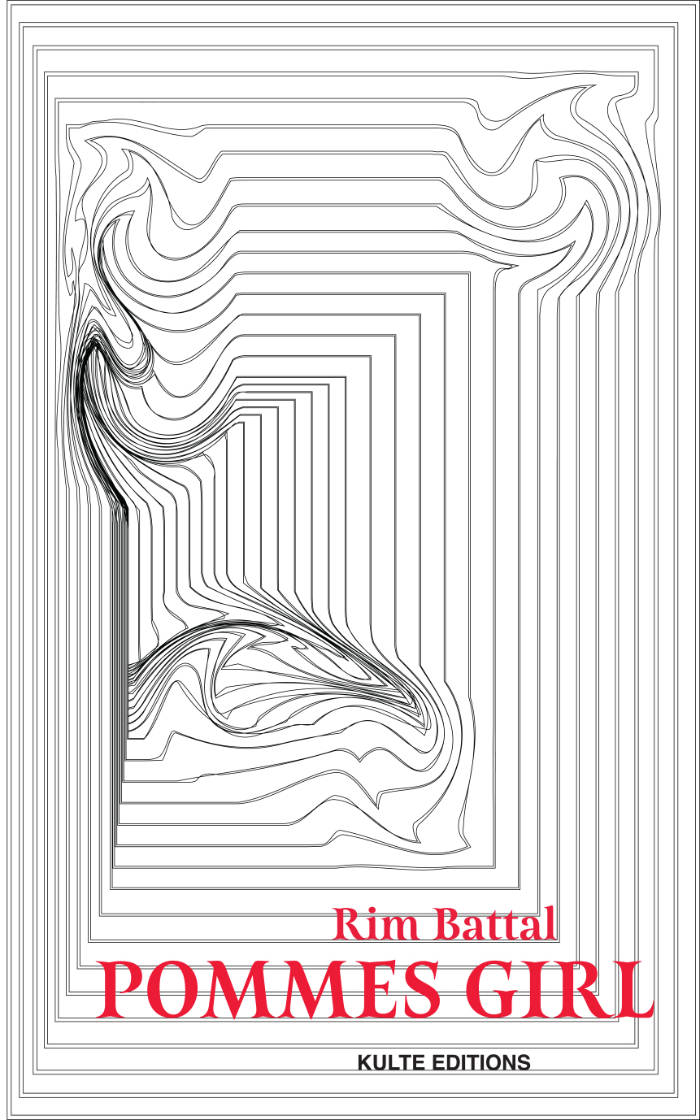
Darryl
Darryl Cook is a man who seems to have everything: a quiet home in Western Oregon, a beautiful wife, and a lot of friends to fuck her while he watches. But as he explores the cuckolding lifestyle, he finds himself tugging at threads that threaten to unravel his marriage, his town, and himself. With empathy and humor, debut author Jackie Ess crafts a kaleidoscopic meditation on marriage, manhood, dreams, basketball, sobriety, and the secret lives of Oregonians.
Jackie Ess is a writer, cultural mischief-maker, and minor internet celebrity. A co-founder of the Bay Area Trans Writers Workshop, her work can be found in Heavy Feather Review, the Zahir, the New Inquiry, Vetch, and the anthology We Want It All: An Anthology of Radical Trans Poetics. Darryl is her first novel.





